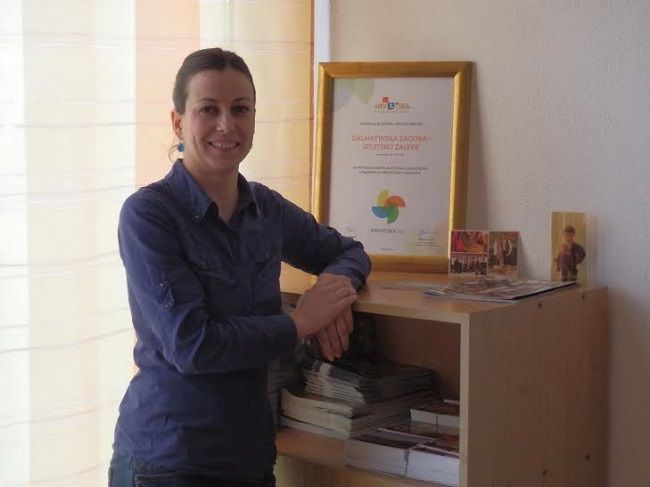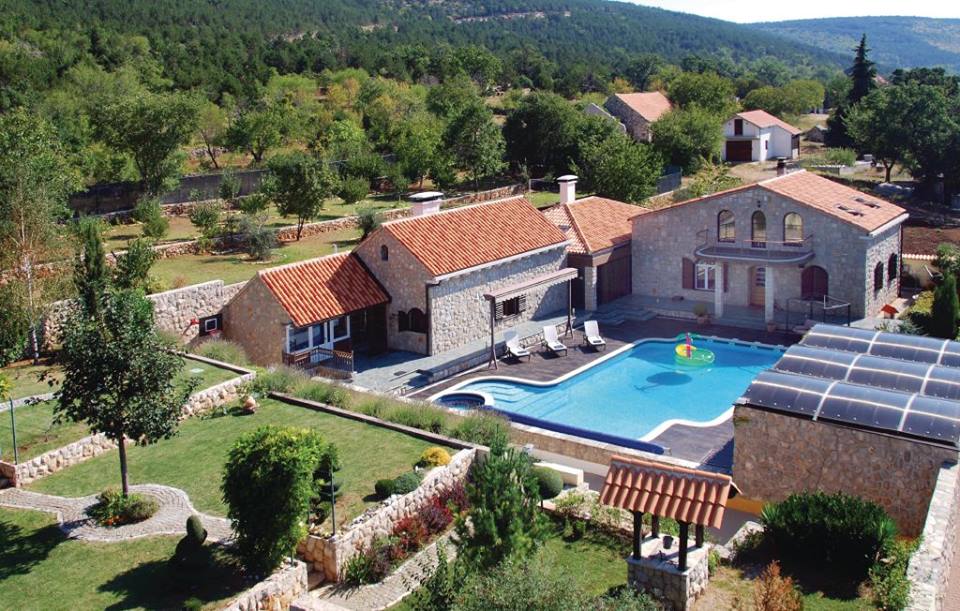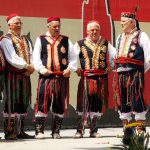It might have been my 4th year at the University, when I attended a lecture about local management of a tourism destination given by a enthusiastic young men from Skalica (Slovakia). Sadly, I do not remember his name, but I remember the spark in his eyes as he talked about how much did they achieve in a little city using EU funding combined with various tools and techniques to get everybody to cooperate towards a common goal.
The common goal, surprisingly, was not to build an infrastructure for tourists visiting this area. All efforts with preparing projects, getting rejected so many times just to get 3 or 4 projects approved was to raise the quality of life for the locals in the first place. Why? Because, when a destination is authentic, with locals enjoying the place, participating in cultural and other events and loving it, that is what makes a destination attractive for tourists as well.
When travelling, people are looking for authenticity – to experience that particular culture and to explore and get to know the place. If the locals enjoy it and love it, they will easily show it to the guest by including him into their lives rather than making their lives about entertaining the guest.
It must have been this particular lecture that got me interested in management of a tourism destination. So I focused on that for the rest of my studies. When writing my final thesis I was amazed by the way Croatia is dealing with management of a destination – the network of local and regional tourist boards was huge and according to the law that regulated their operation, it should have been working out pretty well.
Now, this was the law in Croatia. As I came to live to Croatia, I soon discovered not everything written on a piece of paper is actually being transformed into real life and tourist boards are dealing with various issues, some more successful then others. But despite some problems, it seemed that Croatia is profiting from having such a large network of tourist boards to promote each corner of the country, as the tourism flourishes.
As it seems, this large network may come to an end with a new bill that was prepared recently and proposes to close all tourist boards that use more than 25% of their income on financing the operation of the tourist board (staff salaries) as of January 2016. As Slobodna Dalmacija informs, that would mean closing more than a half of the current tourist boards, most of them in Inland Dalmatia.
The public debate opened by the Ministry of Tourism ended today (July 12, 2015) so we will see how much of the objection from the Director of the Split-Dalmatia County Tourist Board Joško Stella and others will be taken into consideration.
Living on the Hvar island, where we have 5 tourist boards, which do not make an effort to promote the island as a whole destination, it was quite refreshing to get to know several tourist board directors from Inland Dalmatia. And as the director of the Sinj tourist board Jelena Bilić informed me, they actually meet on a regular basis to discuss issues related to their common destination. They cooperate, talk to each other and work towards branding the destination.
Sinj with the excellent Jelena Bilić is in a way a leader of this destination. But there are several others, that did so much with very little resources.
Vrlika has a relatively new tourist board director Dijana Maras. This very efficient young lady took over the position a year ago, where she immediately had to deal with the cultural program of the Vrlika Summer (including the famous opera Ero the Joker).

After the summer, there was time to focus on the accommodation issue as Vrlika had no official accommodation available. Zero beds, no apartments, nothing to actually stay over a night in the region when visiting. And with the new Medpaths project (4 hiking, 3 biking and 1 trekking trails) and the support from a very active Dalmatia Explorer, Dijana felt the opportunity to convince people to get into the business of renting their rooms and apartments legally. She put an extra effort by visiting people, talking to them, answering questions and encouraging them.
By the end of the year, Dijana prepared 2 educational workshops for all interested. People were mostly interested in what are the financial obligations when renting out an apartment, but apart from that, they got all sorts of interesting information such as how to communicate with guests, how to promote themselves, how to cooperate with an agency, how to furnish the space and many more. There was a tourist agency present to explain details about their way of business as well.
The result was from zero beds last year to 33 beds registered this year. And fingers crossed, depending on how this season will be, there might be many more interested for the next season.
Another example of an effective engagement of a tourist board is Imotski with the very competent Luka Kolovrat. This young man started in 2007 with 3 accommodation units (2 hotels and 1 guest-house), which produced 2.300 overnights (100 from foreign guests). Last year there were 10.200 overnights (6.700 from foreign guests) and 30 registrated accommodation objects.

This year, there are 47 villas with a pool and 10 others, together 57.
How did they do it? Luka took the initiative after the new tunnel through Biokovo was opened, as that brought Imotski much closer to Makarska (30 min to Makarska, 20 min. to Baška Voda). Luka organized several workshops to bring information from a tourist agency, government (for categorisation) and banks (for crediting) to people interested in starting renting out accommodation.
During those years, the tourist board actively helped people to get financial support through various government funding (helped with the documentation, online applications etc.). The last huge success of such an active approach was when 17 local houses and villas received the government financial support for building a pool last month.
A local tourist board can be a very effective way of bringing people together to cooperate towards a common goal. Depending on the goal and on the willingness of people to cooperate, tourism may flourish. Closing a tourist board, which was doing a good job and was desirable by locals and tourists may not be such a smart decision. However, if the common goal of the locals is promoting their town as a tourism destination, they could form a private initiative in a form of an association. They will have to get involved more, probably pay a membership fee and otherwise finance the association, but on the other hand, they will for sure expect more from it and it could actually be more effective than the current tourist board.
I am curious to see how it all turns out.










